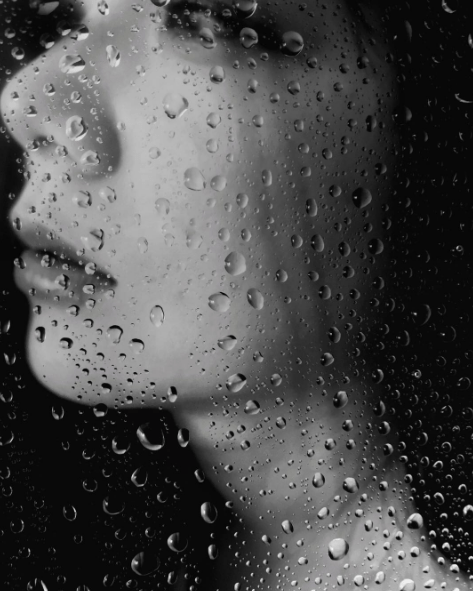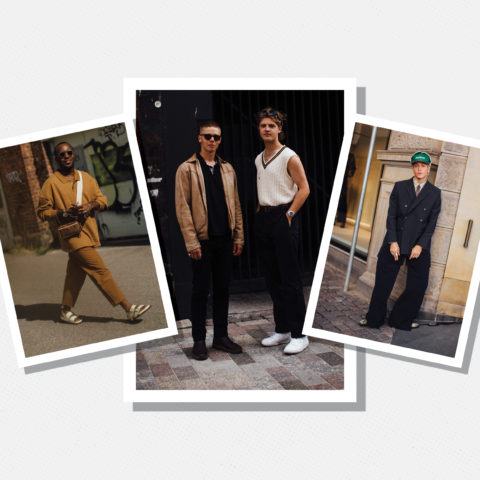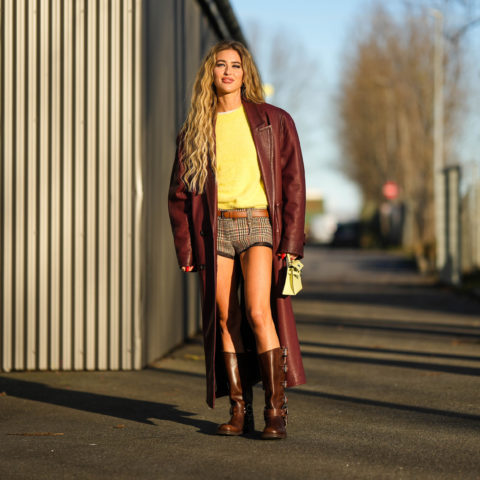Can Instagram Filters Really Help Diagnose Depression?
Does a greyscale Instagram aesthetic signal unhappiness? A recently released study reveals it just might.
Co-authors Andrew Reece and Christopher Danforth published an article in the EPJ Data Science investigating their hypothesis that Instagram photos reveal predictive markers of mental illness. To test the theory, the researchers brought in 166 people and identified who among the sample group had been diagnosed with depression. They then used computer algorithms to analyze and categorize 43,000 Instagram pictures, to determine how photo characteristics differ between those who are depressed and those who aren’t. Here’s what they found:
- Depressed participants were more likely to post bluer, darker, and grayer photos
- Depressed participants posted more frequently
- Depressed participants didn’t typically use Instagram filters to adjust the photo’s brightness and colour
- Healthy participants disproportionately favoured the Valencia filter
- Depressed participants most frequently used the Inkwell filter
- Depressed participants had more comments, but fewer likes, on their posts
The researchers are optimistic about how their results could be applied in the real-world. Instagram can’t diagnose depression, but it could establish promising leads. In countries where mental health services are unavailable or underfunded, this technology could be particularly valuable. “The present work may serve as a blueprint for effective mental health screening in an increasingly digitalized society,” the study concluded. “More generally, these findings support the notion that major changes in individual psychology are transmitted in social media use.”








